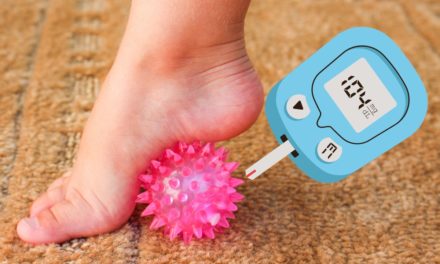Maintaining good health with a healthy diabetes diet is crucial to managing diabetes effectively. Here is a detailed explanation:
1. Healthy Diet: A healthy diabetes diet focuses on consuming nutritious, unprocessed foods that help stabilize blood sugar levels and promote overall health. It contains a balanced combination of carbohydrates, proteins and fats from healthy sources.
2. Carbohydrates: Choose complex carbohydrates such as whole grains (brown rice, quinoa, oats), beans, fruits and vegetables. These foods have a slow effect on blood sugar levels, preventing sharp spikes and crashes.
3. Protein: Include lean protein sources such as poultry, fish, tofu, beans, and low-fat dairy products. Protein helps control appetite, maintain muscle mass, and prevent extreme fluctuations in blood sugar.
4. Fats: Choose heart-healthy fats found in avocados, nuts, seeds, olive oil, and fatty fish. These fats have a positive effect on heart health and can help regulate blood sugar levels.
5. Portion control: Pay attention to portion sizes to avoid overeating, which can affect blood sugar levels. Eating small, frequent meals throughout the day can help control blood glucose levels.
6. Limit added sugars: Reduce or avoid foods and drinks with added sugars, such as sugary drinks, sweets and candies. Opt for natural sugars found in fruit instead.
7. Fiber-rich foods: Include high-fiber foods such as whole grains, vegetables, and beans. Fiber slows the absorption of glucose, promoting better blood sugar control.
8. Hydration: Stay hydrated throughout the day by drinking plenty of water. Avoid sugary drinks, as they can cause blood sugar levels to rise quickly.
9. Regular monitoring: Constantly monitor your blood sugar levels and keep track of your food intake. This can help identify patterns and make adjustments to your diet as needed.
10. Consult a dietitian: Work with a registered dietitian who specializes in diabetes to create a personalized meal plan that fits your health goals, lifestyle and individual needs.
Remember, diabetic diets are not one-size-fits-all, and individual responses to foods may vary. Always consult with your healthcare provider before making any significant changes to your diet or lifestyle.










